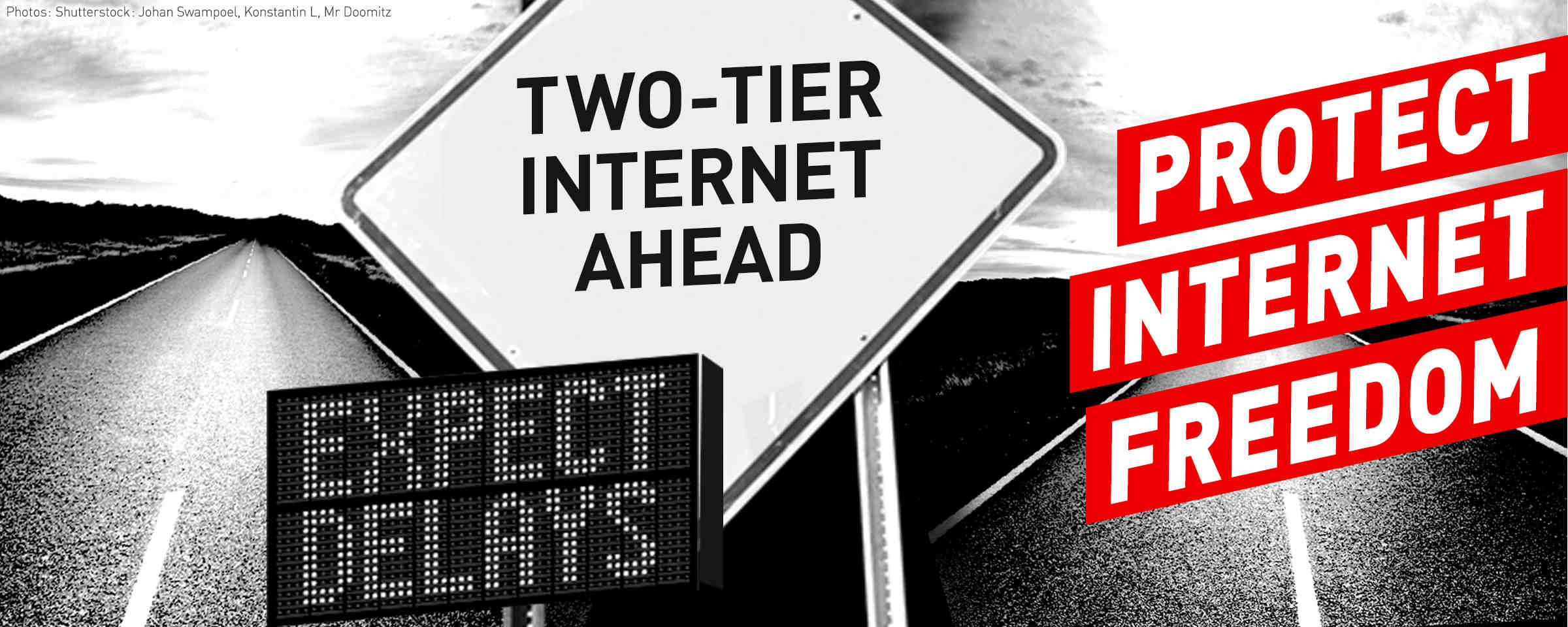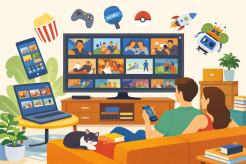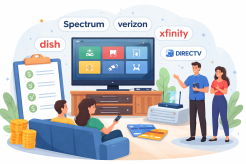What is Net Neutrality?

Recently, you may have heard or read about an issue called “Net Neutrality.” This is one of those political or policy issues that can directly affect web designers, as well as the small business and professional people who use the internet for business purposes. That means just about all of them.
The “Net Neutrality” issue was a stepping stone into a vague future. Those are issues that can affect basically everyone using the Internet. The Net Neutrality is a legal framework where a set of regulation was enforced by the Federal Communications Commission (FCC) requiring that internet service providers (ISPs) abide by the rules where all users should be given equal treatment. Meaning that high traffic users or higher paying internet users will not receive preferential treatment in terms of speed of transmission of service.
This had been the policy under both the latest Bush and Obama presidential term. It meant that the dollar store next door was guaranteed internet access equal to that enjoyed by big players like CVS and Walgreens for example.
In December, the FCC approved a plan to end the Net Neutrality protections. Theoretically, this means that ISPs like Verizon or AT&T or Comcast could give preferential treatment to big bucks clients. As they abolished the Net Neutrality agreement, there are no signs of any of the internet service providers showing the intent to act on the new “free internet” laws. Free market economists argue that ISPs should be free to grant whatever benefits they want to whomever they see fit. If the end user is not happy with the internet deals they are getting, they are free to go to compare other providers and make a different decision.
As far as business and broadband giants, the opinions are scattered. More and more, internet serves as a highway for services like Netflix, Amazon Prime or traditional broadcast networks like CBS to stream entertainment. The live and on-demand streaming is expected to consume around 80% of the internet data capacity in just a few years. A strong argument from ISP companies in yay for the Net Neutrality abolishment is that the added income stream provided from premium broadband users will help them build the added capacity necessary to provide service to internet users. As far as I know, they are planning ahead and making the right moves. On the other hand, some web giants like Google are opposed to doing away with Net Neutrality.
Stay Tuned to our broadband news!
Related Posts
 Technology
Technology
Faster Browsing: Essential Keyboard Shortcuts Guide
Boost browsing speed with essential keyboard shortcuts for all major web browsers. Learn faster navigation, tab control, and productivity tips.
 Technology
Safety
Technology
Safety
How Gamers Can Stay Safe From Online Cyber Threats
Learn how gamers can protect accounts, devices, and personal data from cyber threats including phishing, malware, scams, and identity theft while gaming online.
 Technology
Technology
Best Free Movie Streaming Sites to Watch in 2026
Discover the best free movie streaming sites. Watch movies, live TV, anime, and documentaries legally with no subscription required.
 Internet Bundles
Internet Bundles
Finding Reliable Internet Without Overpaying
Compare the best internet providers near you. Learn how to choose reliable, affordable internet based on speed, price, availability, and real-w
 Internet Bundles
Broadband Deals
Internet Bundles
Broadband Deals
Cheapest TV Packages and Providers Compared 2026
Compare the cheapest TV packages from top providers in 2026. See channel counts, pricing, and bundle options to find the most affordable TV service for your home.